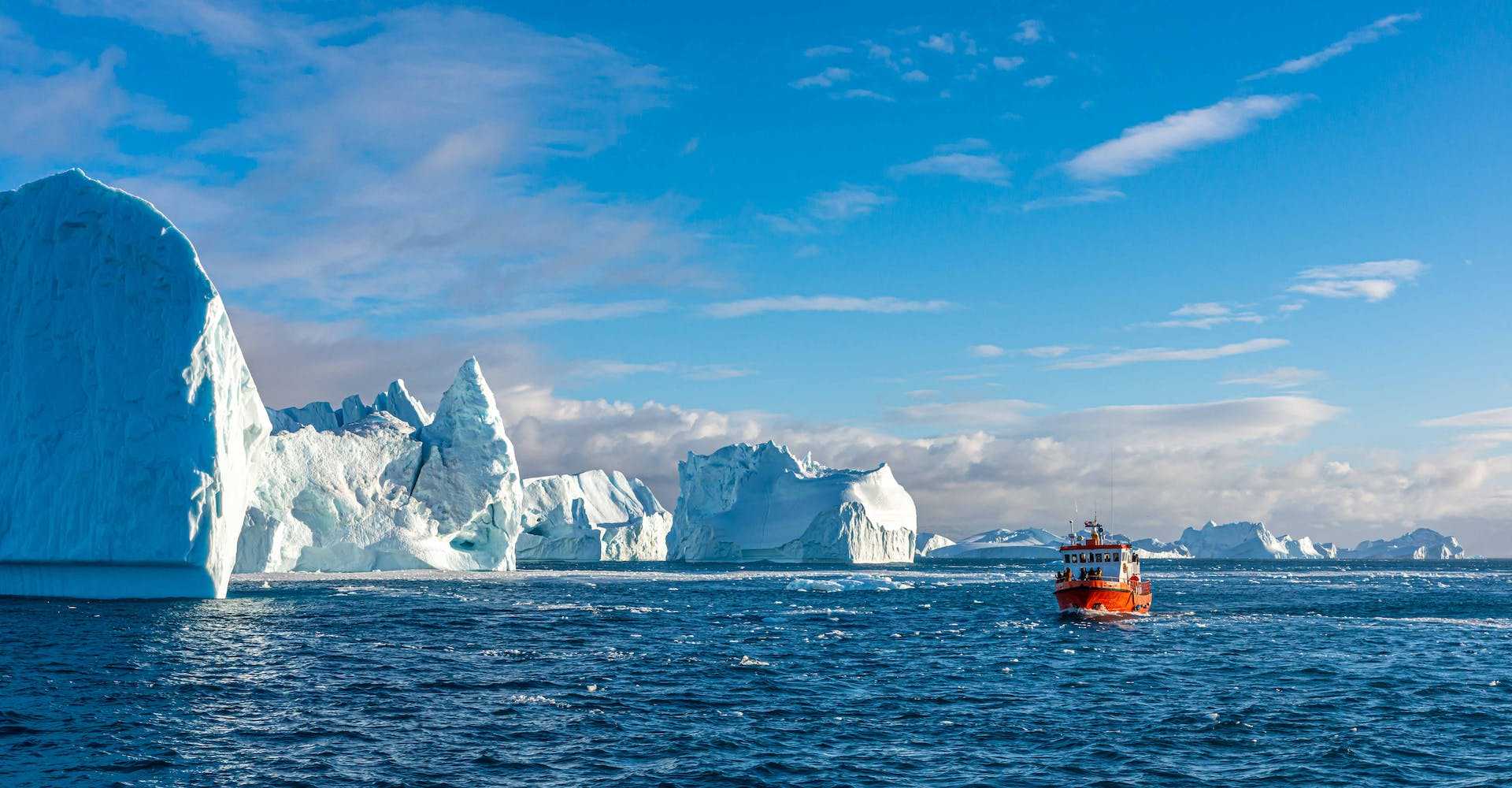World
Greenland Faces Uncertainty Amid U.S. Political Maneuvering Over Territory

NUUK, Greenland — In the tug of geopolitical tension, Greenland’s natural beauty faces a looming threat. Amid melting icebergs and changing climate conditions, concerns have escalated for many residents who fear their homeland might become a pawn in U.S. political strategy.
Qooqu Berthelsen, a 23-year-old hunter and tour company owner, voiced his apprehensions, saying, “My concern is that Trump will come and take Greenland.” This sentiment has echoed throughout the semi-autonomous territory as U.S. President Donald Trump‘s 2019 remarks about purchasing the island have reignited discussions about Greenland’s independence from Denmark, particularly as parliamentary elections loom on March 11.
Referring to Trump’s comments, Berthelsen emphasized, “Greenland is not for sale,” sentiments that resonate broadly among the population of approximately 57,000 Indigenous Inuit who hold a deep connection to their land and its traditions.
The political implications of sovereignty are vivid in the minds of Greenlanders. Former Inuit Circumpolar Council president Aqqaluk Lynge raised alarms stating, “How can a few words change the whole world?” highlighting the unpredictability of U.S. foreign policy under Trump and its impact on Greenland’s future.
Greenland’s wealth of natural resources, including rare earth minerals and oil reserves, has attracted interest from global powers. Experts believe Greenland’s strategic Arctic location makes it essential for future trade routes as climate change continues to reshape the region.
Despite political turmoil, some Greenlanders, while not wanting to become American, express a desire for increased ties with the U.S. Jørgen Boassen, who welcomed Donald Trump Jr. on a recent visit to Nuuk, noted, “The Danish are very afraid” of discussions bypassing Denmark, signifying a desire for more direct relations with the U.S.
In the wake of Trump’s provocative remarks, Denmark’s Prime Minister toured European capitals seeking support amidst a potential political crisis. This turmoil has stirred motivation among Greenlandic constituents, galvanizing calls for independence which weren’t as robust just months ago.
“It’s a historic moment for Greenland … compared to two months ago when nobody was talking about independence,” said Qupanuk Olsen, a mining engineer and political candidate. Amidst international media scrutiny, Olsen’s hope for independence is tinged with a sense of urgency as she recalls the feelings of helplessness ignited by Trump’s rhetoric.
Local sentiments are mixed; while some relish the newfound international attention, they express unease over their sudden visibility. Tukumminnguaq Olsen Lyberth, a cultural history student, noted the overwhelming nature of this attention, recounting how it led some peers to delete social media accounts for fear of backlash.
Furthermore, the shadow of Denmark’s colonial past looms large. With accusations against Denmark regarding abuses of Inuit rights in the past, many Greenlanders are now determined not to fall under another colonial rule, primarily from the U.S.
Despite the challenges, some view the unfolding situation as an opportunity for growth. As Juno Berthelsen, another election candidate for the Naleraq party states, “Trump has given Greenland leverage to negotiate with Denmark,” arguing for a future with a direct defense agreement with the United States.
As Greenland grapples with its identity and sovereignty, its vast, untouched landscapes serve as a powerful reminder of what is at stake—not only for Greenland but within the broader context of international politics. The forthcoming election marks a pivotal moment for self-determination amid a rapidly evolving geopolitical landscape.












